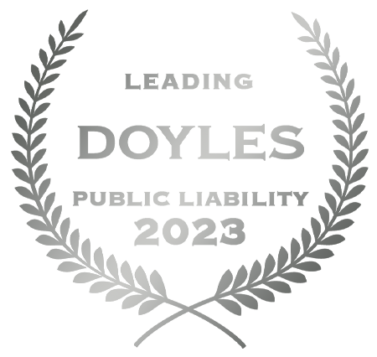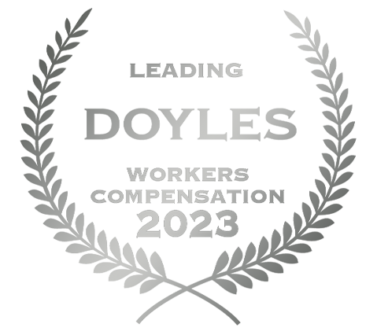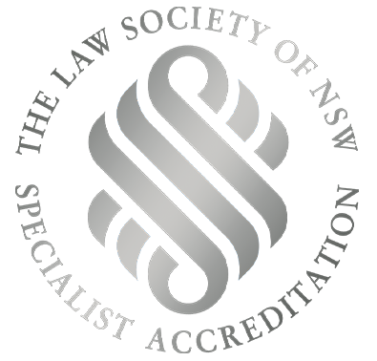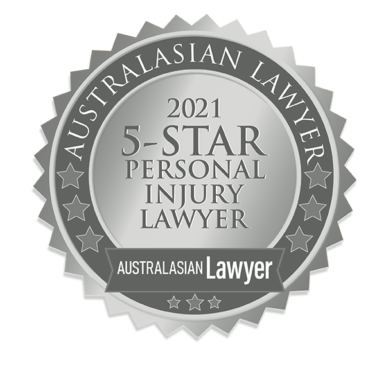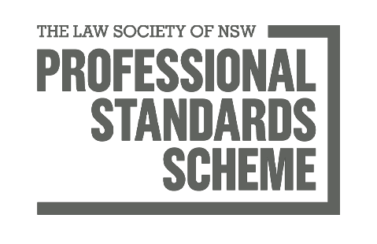
Statutory Interpretation of s39 – Back Pay of Weekly Compensation.
Further to our previous article published on 7 May 2019 in the matter of Hochbaum [1], the appellant workers, appealed the matter to the Court of Appeal. The matter was heard on 21 October 2019 before White JA, Brereton JA and Simpson AJA.

Hochbaum v RSM Building Services Pty Ltd; Whitton v Technical and Further Education Commission t/as TAFE NSW [2020] NSWCA 113
On 17 June 2020 the Court of Appeal has handed down its long awaited decision and allowed both appeals in Hochbaum[2] and Whitton[3], reinstating the decisions of Senior Arbitrators, allowing the back pay of weekly compensation from the date the appellant workers’ entitlement to weekly compensation was ceased (i.e. from 26 December 2017).
By way of history, both appellant workers were caught in the operation of the 2012 amendments to s39 of the Workers Compensation Act 1987 (“the 1987 Act”), whereby a worker has no entitlement to weekly payments of compensation after an aggregate period of 260 weeks (“260 week cap”). However, s39(2) of the Act provides that subs (1) does not apply to an injured worker whose injury results in permanent impairment of greater than 20%.
Both appellant workers’ level of permanent impairment were ultimately assessed at greater than 20%. The respondents agreed to back pay weekly compensation from the date that the appellant workers were assessed at greater than 20% permanent impairment; however not from the date weekly payments were ceased (i.e. from 26 December 2017).
In the matter of Hochbaum, the appellant worker then made a claim for weekly payments for the period 26 December 2017 to 15 July 2018 (date he was assessed at greater than 20% permanent impairment).
Background
The matter was heard at the Workers Compensation Commission before Senior Arbitrator Bamber, who held that the language of s39(2) is clear and unambiguous in that s39(1) does not apply to any injured worker who is assessed at greater than 20% permanent impairment. The 1987 Act does not say “from the date of assessment”, and therefore found in favour of the injured worker.
The Respondent employer filed an appeal against Senior Arbitrator Bamber’s decision and the matter was heard before President Judge Philips on 2 April 2019[4].
President Judge Philips found that the Senior Arbitrator had erred by failing to construe s39 as a whole. President Judge Philips focused on the tense used in s39(2), in which this was discussed in details in our previous publication.
Ultimately, President Judge Philips held that the bar to s39(1) is lifted at the point in time that the injured worker was assessed at greater than 20% permanent impairment.
The appellant worker filed an appeal to the Court of Appeal against President Judge Philips’ decision. The matter was heard on 21 October 2019.
At [10], White JA held that if the worker’s level of permanent impairment is later to be assessed at greater than 20%, then the worker was always entitled to ongoing payments of weekly benefits. That is, even if the worker did not suffer from a degree of permanent impairment at the expiry of the 260 weeks, the later assessment will determine and confirm that the worker’s level of impairment resulting from the injury was more than 20%.
The decision
Brereton JA went into details analysing the wording and interpretation of s39. He further analysed the parliamentary intention when the 2012 amendments were introduced.
At [50], Brereton JA firstly rejected the submissions that s39(3) meant that there must a Medical Assessment Certificate (MAC) before a worker is exempted from the 260 weeks cap. He held that the words “to be assessed” only pointed to the methodology and process of measuring permanent impairment, but do not mandate that there must be a formal MAC before s39(2) is enlivened.
Brereton JA further held that the wording in s39(2) provides that the 260 week cap does not apply to a worker whose “injury results in permanent impairment if the degree of permanent impairment resulting from the injury is more than 20%” It is the injury, rather than the impairment, that attracts s39(2). Relying upon Borovac[5], his Honour held that liability for permanent dates from the injury, regardless of when it is ascertained.
Brereton JA further analysed the Second Reading Speech delivered by the Treasurer when the 2012 amendments were introduced. His Honour held that there was nothing in the Speech to indicate it was parliamentary intention that weekly benefits were to cease until the degree of permanent impairment is determined, but rather simply that if the degree of impairment exceeds 20%, then the worker would not be subjected to the 260 week cap.
Simpson AJA agreed with Brereton JA and at [90] provided his interpretation of s39 in that subs(2) provided a foundation for the removal of subs (1) bar lies in the existence of a degree of permanent impairment exceed 20%. Subs (3) only provided the mechanism by the degree of permanent impairment is to be assessed and there is nothing to suggest that the assessment may only be prospective.
Given the above, the appeal was allowed and the Court reinstated the decision of the Senior Arbitrator.
The full decision can be found here.
[1] RSM Building Services Pty Ltd v Hochbaum [2019] NSWWCCOD 15
[2] Hochbaum v RSM Building Services Pty Ltd [2020] NSWCA 113
[3] Whitton v Technical and Further Education Commission t/as TAFE NSW [2020] NSWCA 113
[4] RSM Building Services Pty Ltd v Hochbaum [2019] NSWWCCOD 15
[5] Borovac v Corporate Ventures Pty Ltd t/as Bowsers Ashphalt (1995) 12 NSWCCR 84

Chantille Khoury
Principal
Chantille is a multi-award-winning, preeminent workers compensation specialist with over 20 years’ experience. Having ranked top 6 nationwide in the highest category of the Doyle’s Guide, Chantille is now providing feedback on policy changes for the Personal Injury Commission and IRO.
Call 13 15 15 or chat to us now for free advice
Chat nowFind out how much you can claim.
Get started

